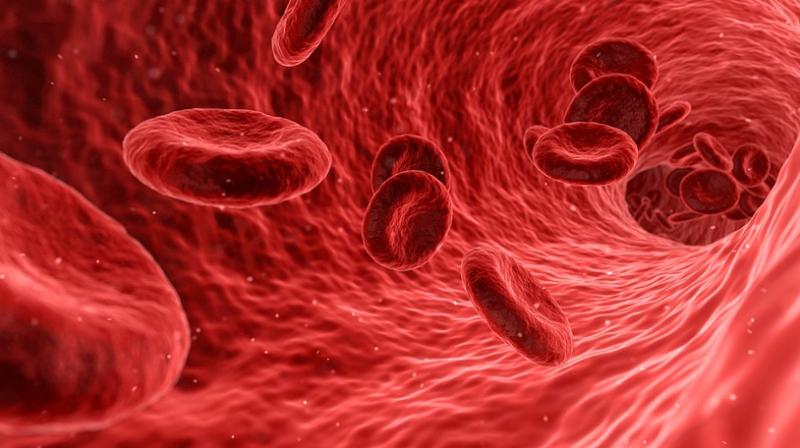FDA approves gene therapy for rare form of vision loss
Hereditary retinal dystrophies are a broad group of genetic retinal disorders that are associated with progressive visual dysfunction.

Washington: A first-of-its-kind gene therapy to treat a rare, inherited form of vision loss that may lead to blindness, has been approved by the US Food and Drug Administration (FDA).
Luxturna is approved for the treatment of patients with confirmed biallelic RPE65 mutation-associated retinal dystrophy that leads to vision loss and may cause complete blindness in certain patients, FDA said.
Hereditary retinal dystrophies are a broad group of genetic retinal disorders that are associated with progressive visual dysfunction and are caused by mutations in any one of more than 220 different genes.
"The approval marks another first in the field of gene therapy ? both in how the therapy works and in expanding the use of gene therapy beyond the treatment of cancer to the treatment of vision loss," said said FDA Commissioner Scott Gottlieb.
"This milestone reinforces the potential of this breakthrough approach in treating a wide-range of challenging diseases," said Gottlieb.
Biallelic RPE65 mutation-associated retinal dystrophy affects about 1,000 to 2,000 patients in the US, FDA said.
Biallelic mutation carriers have a mutation (not necessarily the same mutation) in both copies of a particular gene (a paternal and a maternal mutation).
The RPE65 gene provides instructions for making an enzyme (a protein that facilitates chemical reactions) that is essential for normal vision.
Mutations in the RPE65 gene lead to reduced or absent levels of RPE65 activity, blocking the visual cycle and resulting in impaired vision.
Individuals with biallelic RPE65 mutation-associated retinal dystrophy experience progressive deterioration of vision over time. This loss of vision, often during childhood or adolescence, ultimately progresses to complete blindness.
Luxturna works by delivering a normal copy of the RPE65 gene directly to retinal cells, FDA said.
These retinal cells then produce the normal protein that converts light to an electrical signal in the retina to restore patient's vision loss, it said.
Luxturna uses a naturally occurring adeno-associated virus, which has been modified using recombinant DNA techniques, as a vehicle to deliver the normal human RPE65 gene to the retinal cells to restore vision.
"Patients with biallelic RPE65 mutation-associated retinal dystrophy now have a chance for improved vision, where little hope previously existed," said Peter Marks, director of the FDA's Center for Biologics Evaluation and Research (CBER).
The safety and efficacy of Luxturna were established in a clinical development programme with a total of 41 patients between the ages of 4 and 44 years. All participants had confirmed biallelic RPE65 mutations.
The primary evidence of efficacy of Luxturna was based on a Phase 3 study with 31 participants by measuring the change from baseline to one year in a subject’s ability to navigate an obstacle course at various light levels.
The group of patients that received Luxturna demonstrated significant improvements in their ability to complete the obstacle course at low light levels as compared to the control group.

